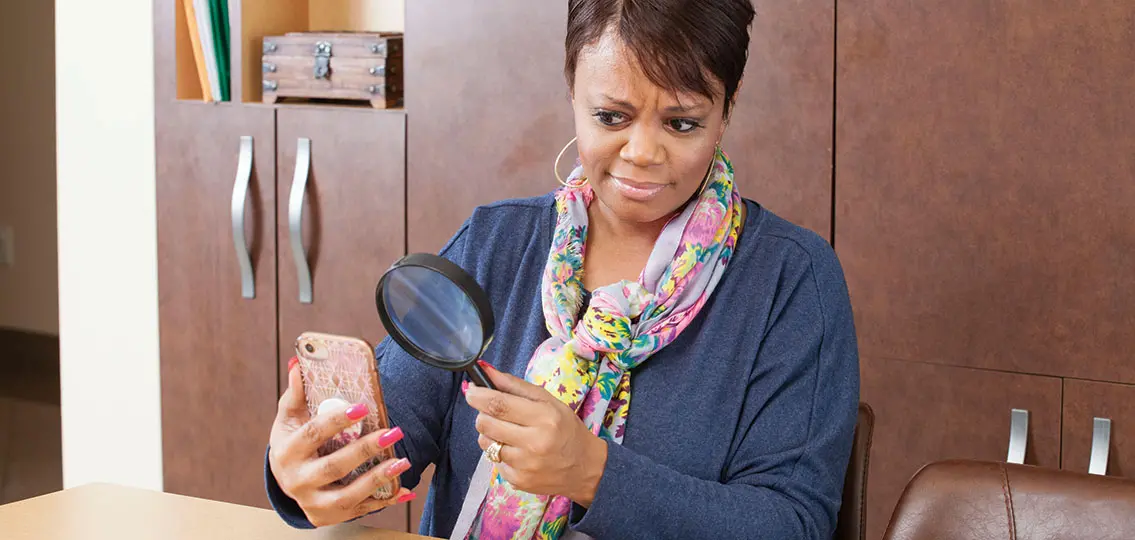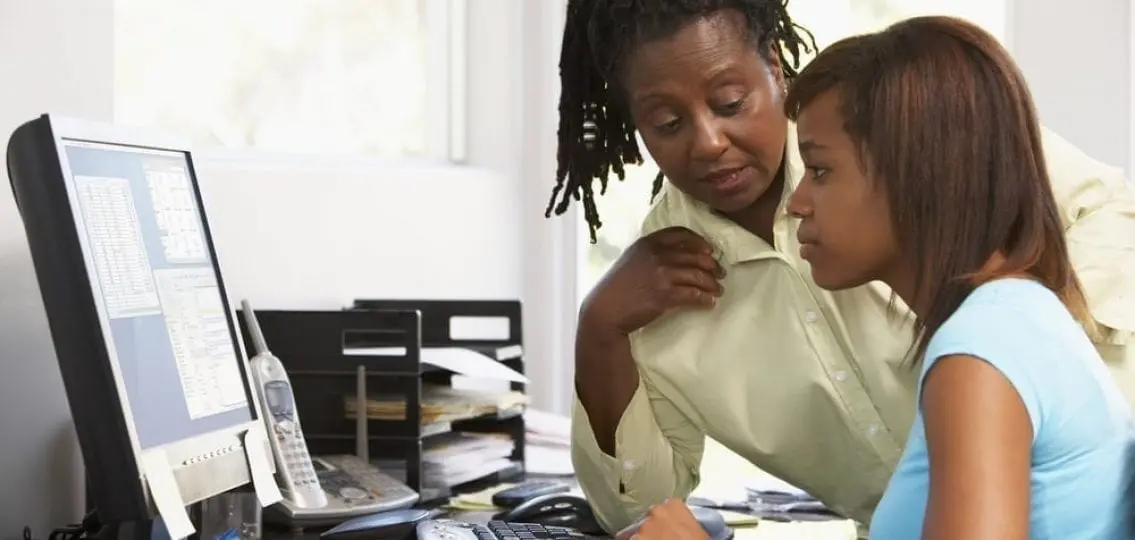In their zeal to keep their kids digitally safe, many parents turn to monitoring software and apps to keep track of where their kids are, who they talk to, and what they look at online. A new preliminary study from the University of Central Florida, however, finds that not only do these tools not work – but they’re having a negative impact on parent-teen relationships as well.

The Problems With Monitoring Apps For Parents
The two-part online study surveyed more than 200 sets of parents and teens (ages 13 to 17). Roughly fifty percent of the parents responded they sometimes used monitoring tools that blocked certain websites, limited screen time, or tracked their child’s online habits.
Not surprisingly, the researchers found that parents who used the apps were stricter and less willing to discuss these tools with their kids. Interestingly, the teens of these parents were more likely to report exposure to unwanted explicit content, online harassment, and problems with other kids online.
The researchers also looked at 736 online reviews left by parents and kids (ages 8 to 19) of 37 parental control apps available on Google Play. While most parents provided glowing comments and five-star reviews, the kids felt the opposite. They claimed the apps were a violation of privacy, prevented them from accessing necessary resources for school projects, and made them feel like they are being stalked. In essence, the kids felt less safe with the monitoring apps.
If Online Monitoring Doesn’t Work, What Does?
What does this mean for parents? You don’t need more technology to monitor your kids online – but you do need to stay involved.
Devorah Heitner, Ph.D., founder of Raising Digital Natives and author of Screenwise, agrees. “If you’re monitoring your kids, especially without their consent, it is difficult to engage and help them because they don’t know you’re there. Ideally, they are coming to you for help.”
She also points out: “It is developmentally appropriate for your teen to go to other teens or other adults rather than parents. At nine or 10, kids tend to go to their parents for help. But at 14, 15, and 16, they are less likely to go to their mom or dad.”
While it can be overwhelming for adults who grew up without computers, learning about the platforms teens use today is time well spent. In her book, Heitner suggests talking to your child about what they want to use and why.
Learn About Technology Before Blocking Technology
Rather than blocking content, ask: What is appealing about an app or game? How is it used? What are the pros and cons? Do you know how personal information is handled? Can the app turn on the camera or microphone or does it want you to provide your location?
Discuss any concerns with your child and come up with guidelines together. Decide on non-identifiable screennames. Explain why personal information, such as where your child attends school or teams they play for, should not be associated with any profiles.
And have conversations about rules of the time, money, or access your teen can have online, and the consequences if they don’t follow it. Tell them specifically how you will monitor their online behavior—either by having access to their device, following or friending on social media, an app that pushes information back to the parent, or by the honor code.
Heitner encourages parents to engage with kids’ technology. “You need to play what your kids play and lead them into screen engagements that emphasize creativity over consumption.”
Better yet, ask your child to show you how to use different games or apps, such as Instagram, Snapchat, or Twitter, and interact with them. Heitner also suggests inviting close friends or family members who may use the same online platforms to act as “digital chaperones.” This will not only foster closer family relationships but also can add a layer of protection; a trusted adult can oversee online activity and intervene if necessary. Your teen may also engage in more self-editing by thinking twice about what they post if Grandma might see it.
Don’t Secretly Monitor Your Kids Online
If you do choose monitoring software, Heitner says, “Let them know so they can moderate their behavior. If your teen is in crisis, you may have to access [their devices] but exhaust other resources first.” She stresses the importance of telling them you’ve checked their devices, adding “Parents are painting themselves into a corner by doing this without their knowledge. What will they do with the information?”
She also points out that many students think their accounts are private. Remind your child that very few things online are off-limits to someone else. For example, if they have a school account, administrators may read their messages, just as employers sometimes do.

Parents should also evaluate their digital footprint and set a good example. Talk about how you use technology and set and follow the same rules about unplugged time. Finally, resist the urge to overshare and ask permission before posting your teen’s photo on your social media. Respect is a two-way street.



